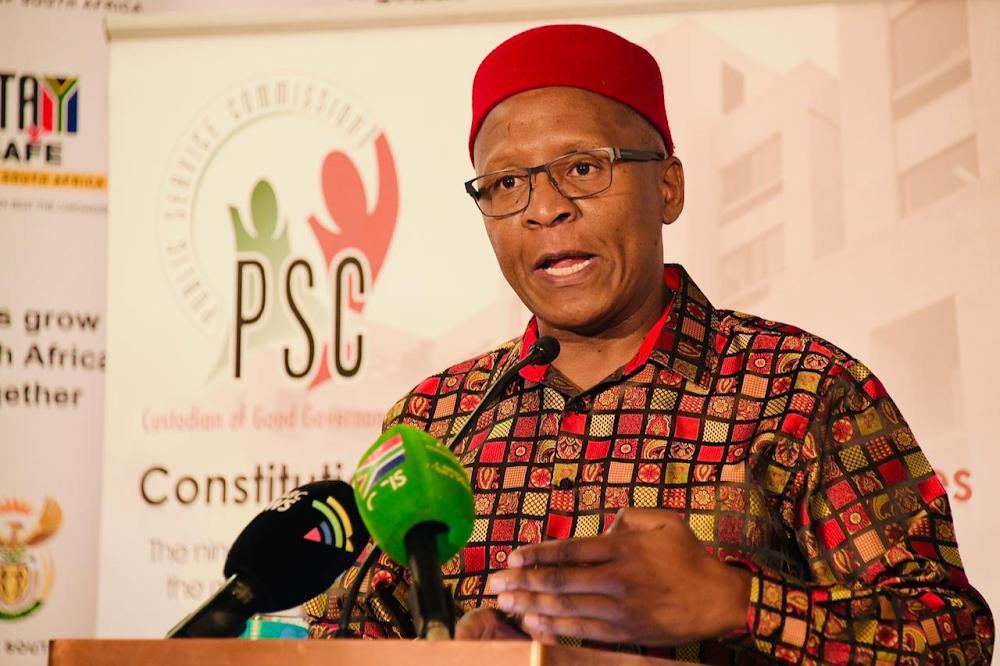Africa-Press – South-Africa. The Public Service Commission (PSC) has raised alarm over a growing number of formal employee grievances within government departments and public institutions, and a ballooning capped-leave liability exceeding R16bn.
At a media briefing in Pretoria, PSC commissioner Anele Gxoyiya revealed the commission registered 439 formal grievances by March 31, including 85 cases carried over from the previous financial year.
“Of the 439 grievances, 77% have been concluded and 23% remained pending at the end of March,” he said.
Breaking down the 338 concluded cases, Gxoyiya said:
only 18 were substantiated; while
84 were unsubstantiated;
nine partially substantiated;
43 were internally resolved by departments after PSC intervention; and
the remaining 184 were closed for different reasons, including duplication with other proceedings before bargaining councils, the Commission for Conciliation, Mediation and Arbitration or the courts.
The data further revealed 403 of the grievances involved employees at salary levels 2 to 12 and 36 were lodged by members of the senior management service (SMS):
Out of the 403 grievances from lower-level employees, 309 were concluded — with 282 resolved within 150 working days.
Among SMS members, 29 of the 36 grievances were concluded, with 24 closed within the same timeframe.
Despite the progress, Gxoyiya expressed concern about ongoing delays in grievance resolution.
“The PSC will in future investigate the cause of delays in grievance conclusion by departments. This will assist in determining whether the delays are as a result of the agreed timeframes being unrealistic, whether it is a human resource capacity issue or because of any other reason.”
Capped leave
In addition to grievance backlogs, the PSC also highlighted a financial risk stemming from capped leave accruals in the public sector, which stand at R16.2bn across 189,039 employees — roughly 14% of the total public service workforce.
Capped leave refers to unused leave benefits employees have accrued, often over many years, which must be paid out on retirement or exit from the service.
“It is important to note this cost continues to increase in line with cost-of-living adjustments and/or appointments into higher positions,” said Gxoyiya.
Most employees with capped leave are reportedly based in the education and health sectors, and many are nearing retirement age, which could place strain on public finances in the years ahead.
Study leave
The PSC also shed light on study leave use, another area with implications for workforce planning and service delivery.
From 2020 to 2023, between 17,733 and 20,651 national department employees took study leave. At provincial level the number ranged from 21,004 to 23,265.
Gxoyiya noted in some provinces more than 70% of those who took study leave worked in the health and education departments.
On average, study leave days ranged between five to eight days, with national departments averaging the highest at 8.5 days. KwaZulu-Natal had 7.4 days and the Eastern Cape 6.5 days.
For More News And Analysis About South-Africa Follow Africa-Press






